Ali Larijani addressed a meeting of governors from across the country on Sunday, where he touched upon important issues about future 2016 Parliament elections. He urged a ‘better approach’ to hold a ‘healthy election.’
Larijani highlighted a majority turnout by the public in elections, which he believed was a valuable asset for national security and interests. “To accomplish this feat, we need a real competition and a healthy election with a high turnout, such that people could feel their votes matter and they have a say in ruling their country,” he told the meeting.
“The Minister of the Interior should prepare the grounds for a highly competitive election; parties with diverse opinions should participate; a sense of social and psychological security would considerably make difference in public turnout,” said Larijani, who represents Qom constituency in the Parliament, discouraging any measure which would undermine national security.
Larijani believed that influential political leaders would emerge only when political milieu and the social solidarity are catalysts of a political event; “defamatory comments would besmirch the character of the potential leaders and would thus dishearten them from political participation,” he added.
The Parliament speaker called elections ‘auspicious event’ for the country, whereby people participate in deciding on their future; “the auspicious event has formalities which should be observed especially by responsible government bodies and state players; elections, however, should not trespass the territories of national security,” Larijani noted.
“Election is an asset for national security; it should not contribute adversely to ethnic conflicts or developments in the region; an official made such remarks about the Iran’s influence in the region, which proved very costly for the country, which should have been wisely avoided,” Larijani told the meeting. “The dominant approach should be to put aside whom commits a fault in election; the most evil of the two is to discredit the whole election process in the given constituency, which effectively puts aside voters from the election process,” he said, lending critical role to the Judiciary in handling the affairs in such situations.
Larijani emphasized that in a less transparent environment, public turnout would dwindle; he recommended the governors to use whatsoever factors which improve public trust upon the government; “for example, the more transparent the ballot boxes, the higher will be the public trust upon the authorities,” he said.
He also discouraged provincial and city and town governors to avoid taking sides with political parties and candidates, since “that would wreck the environment and candidates themselves.”
Larijani believed that transparency would lead people to abandon the common misconceptions and suspicions about the election fraud. “The least criteria for qualification should be adhered to; and no candidate should be threatened to be disqualified out of the campaign if they gave opinion on this or that issue,” he said.
“In an environment infested by despair, bitterness, and negative feelings, no competition would be imagined and possible; to highlight the political and economic statistics of dire conditions would not be wise and a revolutionary act; rather, to prepare the grounds for fair criticism is a necessity,” he recommended.
“An election with high turnout would catapult the Islamic Republic’s into a better position in the regional equations,” he concluded.


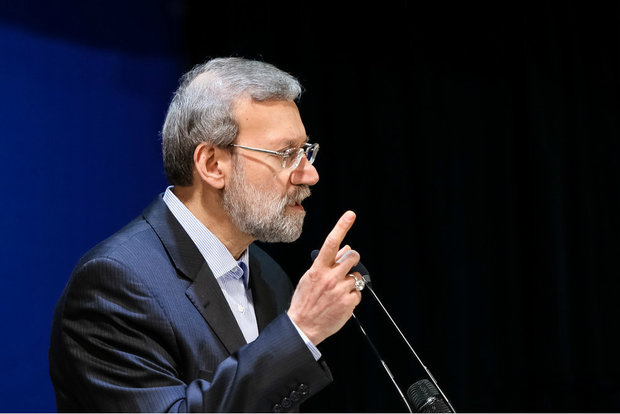






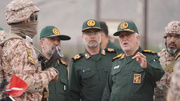

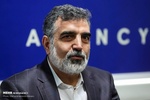
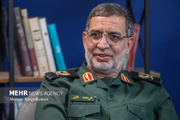
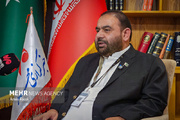
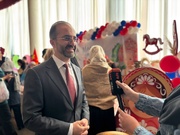
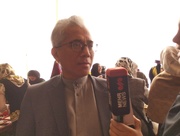



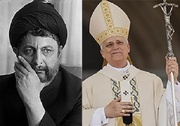
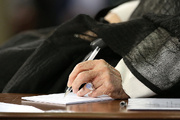


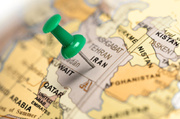
Your Comment